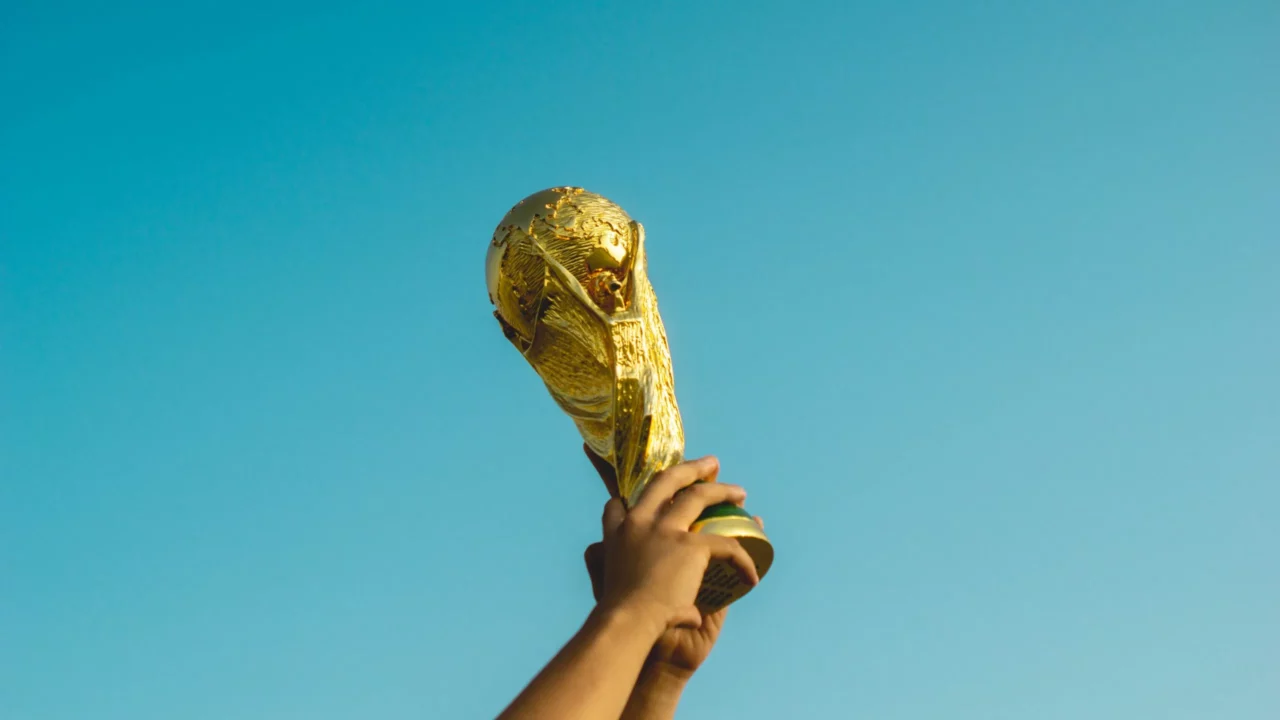However, when sport is not inclusive it can be damaging. The racist backlash after the England men’s UEFA European Championship final loss was both upsetting to see and unsurprising for many. Sport can bring us together but can also see discriminatory behaviour and language from fans and organisers.
The lens once again turns to football with the upcoming controversial men’s World Cup in Qatar. While Qatar was cleared of corruption, many believe the country effectively bought the men’s World Cup.
Many fear for the human cost of this year’s men’s World Cup.
In Qatar, homosexuality is criminalised. Football fans from the LGBTQ+ community do not feel assured of their safety. This concern is valid, with news of gay Qatari men being physically abused and then recruited as agents to locate other LGBTQ+ people. Deaths of migrant workers in preparations for the event are also a cause for severe concern. Additionally, women’s freedoms in Qatar are curtailed through male guardianship rules and the country has a history of human rights abuses.
Fifa states it has a commitment to non-discrimination in its statutes. Why, in this case, is Fifa choosing to host an event in a location with discriminatory laws and a history of human rights abuses?
Responses to the event include:
- Joe Lycett calls for David Beckham to cut ties with the event as a mark of allyship with his LGBTQ+ supporters. Beckham is set to earn up to £150m as an ambassador.
- The BBC’s Documentary podcast speaks directly to the women of Doha about life in Qatar.
- Ian Hislop challenged Gary Neville on the ‘hypocrisy’ of the World Cup during an episode of Have I Got News for You. Neville will be commentating on the matches for a Qatari state-owned network.
Whilst criticisms can be levelled against all countries and it’s important to ensure our views are not clouded by Eurocentrism, Fifa are exhibiting hypocrisy by ignoring their commitment to non-discrimination. Calls to ‘focus on the football’ miss that football has always been political. Football’s popularity makes it a reflection of society and allow it to be a strong voice for change. Marcus Rashford’s efforts saw free school meals for children in the UK, and football has regularly supports campaigns on issues from men’s prostate health to anti-racism. Fifa could have opted to leverage its power to drive legislative change in Qatar.
Where the governing body falls short, individuals are choosing a gesture of allyship. Captains from England, Wales, Netherlands, Belgium, Denmark, France, Germany, Norway, Sweden, Switzerland will wear One Love armbands as part of an anti-discrimination campaign. However, is this far enough? The most meaningful stand would arguably be refusing to attend the event.
Read more about inclusion in sport.



